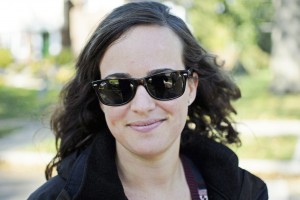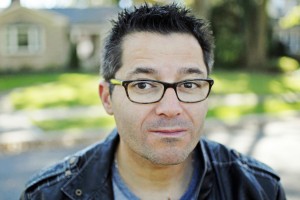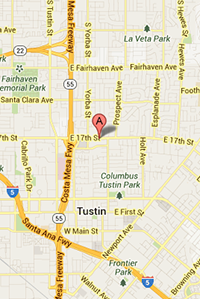Laser/Refractive Surgery
In laser surgery, a laser gently reshapes the cornea to redirect light to the retina. The procedure takes fifteen minutes and is very safe. A comprehensive eye examination is needed to determine the most appropriate type of laser vision correction surgery. Today’s laser surgery choices include LASIK (Laser-Assisted in situ Keratomileusis) or PRK (Photorefractive keratectomy).
Surgical planning
If you need surgery for cataracts or laser vision correction, Dr. Bender helps you select and prepare the most appropriate procedure.
Glasses and contact lenses
What do you prefer, spectacles or contact lenses? It depends on your age and your daily life. Maybe you do best with a combination? We help you find the best solution for your eyes, and yes, we can get you cool glasses as well!
Low Vision
Low vision is a visual impairment that cannot be corrected with eyeglasses, contact lenses, medicine or surgery. Low vision can make a person unable to perform everyday activities like reading the newspaper, recognizing faces or seeing the television despite wearing eyeglasses.
Prescription Drops
Prescription drops are used to treat infections, allergies, glaucoma, dry eyes, and inflammatory conditions.
Plug Tear Ducts
Plug (tear) ducts is a treatment in which Dr. Bender uses plugs to block the drainage canals of the eye when a patient has low tear volume in their eyes. It takes about ten minutes.
Communicate with primary care provider and specialist
During an eye examination, Dr. Bender looks in the eyes for signs of systemic disease like diabetes, hypertension (high blood pressure), or high cholesterol.





